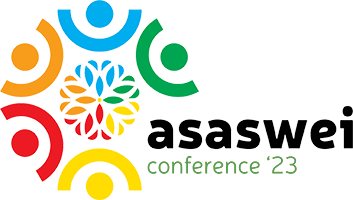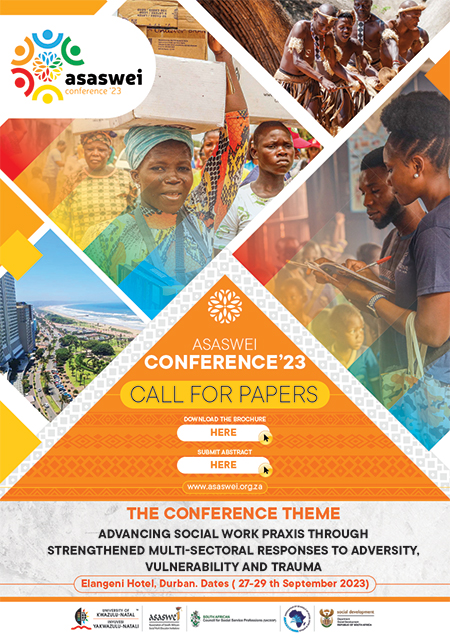The Table page displays a submission's general information and data using tabular layout. Watch video
Submission information
Submission Number: 101
Submission ID: 135
Submission UUID: 8d4886a9-e35d-4510-9da2-65f27507dbac
Submission URI: /2023/abstracts
Created: Thu, 07/06/2023 - 12:54
Completed: Thu, 07/06/2023 - 12:57
Changed: Mon, 07/31/2023 - 16:18
Remote IP address: 2a0d:6fc7:51b:fcbe:982e:2bab:ebc8:ee46
Submitted by: Anonymous
Language: English
Is draft: No
Current page: Complete
Webform: Abstract
| Title | Dr. |
|---|---|
| Lastname | Wittenberg |
| Firstname | Nir |
| [email protected] | |
| Mobile | +972-528615061 |
| Institution | Ariel University |
| Biosketch | Dr. Nir Wittenberg is a professor of Social Work at Ariel University. Holding a Ph.D. in Social Work from Tel Aviv University, Dr. Wittenberg is a licensed social worker, lecturer, and researcher. With a strong commitment to addressing social challenges and improving the well-being of individuals and communities, Dr. Wittenberg specializes in innovative approaches that benefit vulnerable populations, including at-risk youth, LGBTQ individuals, and families living in extreme poverty. His research interests include social support systems, digital tools, and help-seeking behavior. Dr. Wittenberg is a board member of a non-governmental organization that provides free accessible online emotional support to Arab and Jewish residents. |
| Is there a Second Presenter? | No |
| Title of Presentatation | Online Support for Youth at Risk: Reaching Out Through Technology |
| Theme Selection | THEME 2: Building sustainable, resilient, and self-reliant communities through indigenous modalities, inter-sectoral collaborations, and partnerships |
| Subtheme TWO Selection | SUB 2.7 social entrepreneurship, technology innovations and strategies for youth empowerment and skills development. |
| Select your Presentation Type | Oral Presentation |
| Abstract | This lecture presents research on the use of the Internet as a source of support for youth at risk experiencing distress, providing insights into online communication and help-seeking behaviors. Due to a lack of knowledge, fear of exposure, and stigma, many adolescents avoid seeking help. However, the online world offers unique opportunities for information, support, and a sense of belonging, and has proven to be equally effective in establishing therapeutic alliances as those conducted in person. The study employed a Grounded Theory approach with a sample of 602 young people aged 12-25. The data collection methods included interviews, questionnaires, and support group messaging. Five main patterns of online help-seeking behavior were identified: self-reliance, problem solving, self-discovery, social engagement, and the need for counseling relationships. This study enhances the understanding of online support for youth and has organizational and clinical implications for internet-based outreach, counseling, and the development of therapeutic alliance. |
| Title | Prof |
| Firstname | Glynnis |
| Lastname | Dykes |
| Does the Abstract fit the selected Theme? | Yes |
| What Area does this Abstract Focus on? | Empirical Research |
| Status | Accepted |
| Title | Dr |
| Firstname | Poppy |
| Lastname | Masinga |
| Does the Abstract fit the selected Theme? | Yes |
| What Area does this Abstract Focus on? | Empirical Research |
| Status | Accepted |

